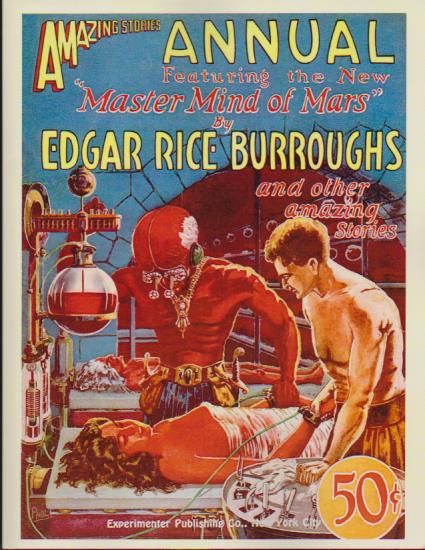Jayaprakash Satyamurthy
Knivesout no more
The Kate Wilhelm book is really good, and has a sense of place that is very rare in the genre. She isn't a one-book wonder either - the other novel by her I've read, Juniper Time, is just as good. I also have an omnibus of her crime novels, as yet unread.
The most recent books I finished were:
Autumn In The Abyss by John Claude Smith, a collection of horror fiction. With just 5 stories, it felt a bit short to me, but 3 of the stories struck me as very good indeed. The title tale is a claustrophobic, dizzying ride in which a shut-in researched obsesses over the fate of a mysterious underground poet, Jack Kerouac makes a creepy walk-in appearance and William Burroughs' idea of the word as virus is made real in a very effective way. Broken Teacup draws on the world of extreme music and snuff film to tell a story that's almost too raw to bear at times, but the thoughtful ethical engagement ensures this is far from an exploitative story. Becoming Human is the other highlight, an unsettling tale of human degradation and non-human redemption - I won't say any more! A good collection for the horror fan who is not too squeamish, but expects more than just a few gory thrills.
I've been reading a few books about or related to the Whitechapel killings lately, including Iain Sinclair's brilliant, weird novel 'White Chappell, Scarlett Tracings', but the best non fictional treatment I've read was 'The Complete History of Jack The Ripper' by Philip Sugden. It's written very well, bringing the seamy East End of Victorian London to vivid life and meticulously marshalling the best evidence available. Sugden doesn't have a favoured suspect, although he does raise some interesting possibilities, and none of the far-fetched celebrity suspects that have made such a splash in the past (and are, to be fair, wonderful material for fictional treatments like Sinclair's and Alan Moore's From Hell). I'll probably tackle Peter Ackroyd's 'London: A Biography' and Jeff VanderMeer's 'Annihilation' next.
The most recent books I finished were:
Autumn In The Abyss by John Claude Smith, a collection of horror fiction. With just 5 stories, it felt a bit short to me, but 3 of the stories struck me as very good indeed. The title tale is a claustrophobic, dizzying ride in which a shut-in researched obsesses over the fate of a mysterious underground poet, Jack Kerouac makes a creepy walk-in appearance and William Burroughs' idea of the word as virus is made real in a very effective way. Broken Teacup draws on the world of extreme music and snuff film to tell a story that's almost too raw to bear at times, but the thoughtful ethical engagement ensures this is far from an exploitative story. Becoming Human is the other highlight, an unsettling tale of human degradation and non-human redemption - I won't say any more! A good collection for the horror fan who is not too squeamish, but expects more than just a few gory thrills.
I've been reading a few books about or related to the Whitechapel killings lately, including Iain Sinclair's brilliant, weird novel 'White Chappell, Scarlett Tracings', but the best non fictional treatment I've read was 'The Complete History of Jack The Ripper' by Philip Sugden. It's written very well, bringing the seamy East End of Victorian London to vivid life and meticulously marshalling the best evidence available. Sugden doesn't have a favoured suspect, although he does raise some interesting possibilities, and none of the far-fetched celebrity suspects that have made such a splash in the past (and are, to be fair, wonderful material for fictional treatments like Sinclair's and Alan Moore's From Hell). I'll probably tackle Peter Ackroyd's 'London: A Biography' and Jeff VanderMeer's 'Annihilation' next.




